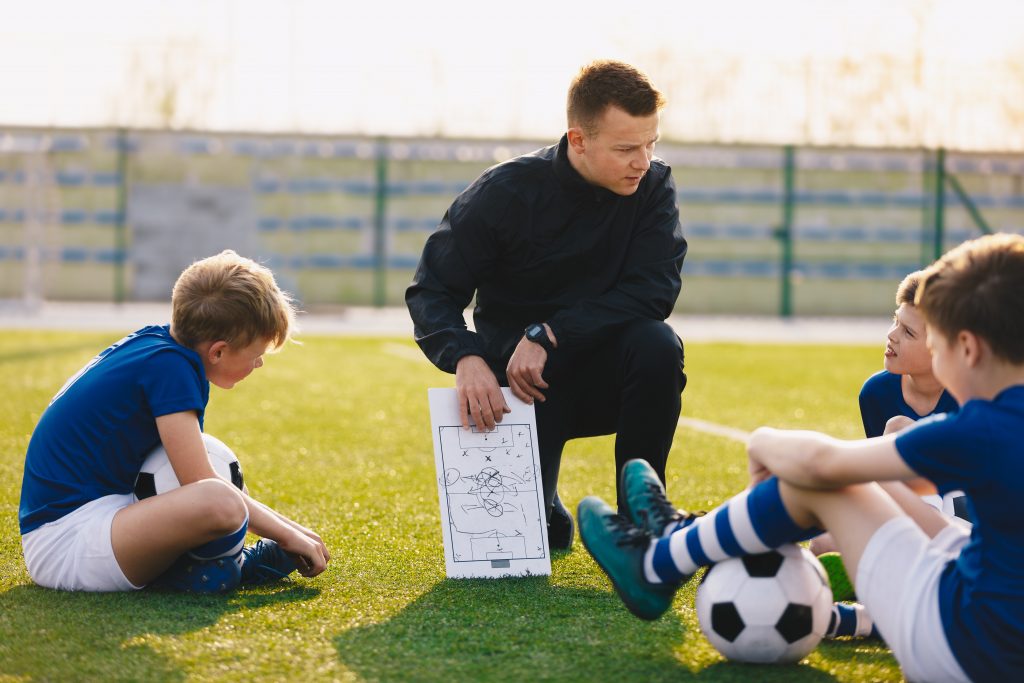Unconscious Bias – Infographic
Unconscious biases are learned stereotypes that are automatic, unintentional, deeply engrained, and able to influence behavior. Within sport organizations, these biases can negatively impact diversity amongst staff and volunteers by undermining recruitment and retention strategies, and employee development. This infographic from Catalyst provides steps to combat unconscious bias as a leader in your organization.
Volunteer Coach Expectations
Many community sport clubs rely on volunteers for management and program delivery, including coaching. One way to support volunteer recruitment and retention is to understand volunteers’ expectations – both of themselves, and of the organization. Learn more about how sport organizations can support strong “psychological contracts” amongst volunteer coaches in the SIRCuit.
Psychological contract
A psychological contract refers to the unwritten set of expectations that govern a volunteer/organization relationship. Research from Wilfrid Laurier and Western University examined the psychological contracts of community coaches to uncover key components that may contribute to coach retention. Coaches’ expectations of themselves related to professionalism and technical administration. Coaches’ expectations of their organizations related…
A Positive Environment for Volunteer Coaches: The Role of Psychological Contract

Community sport organizations or clubs are the cornerstone of sport in Canada. A vast majority of these community sport clubs rely almost exclusively on volunteers for their management and program delivery (Cuskelly, Hoye, & Auld, 2006; Doherty, 2005). A threat to these organizations and their sustainability is acquiring and retaining volunteer coaches to deliver the…
True Sport Selection Process
Two new True Sport resources are designed to help sport organizations put values at the centre of coach and player selection processes. The Coach Selection Process resource provides practical tools to support the identification of coaches that are committed to values-based sport. The Player Selection Process resource supports a selection approach that is designed to…
Unpaid Interns
Many sport organizations rely on unpaid interns to provide valuable workplace opportunities to students and young professionals, and boost capacity during busy times. However, some unpaid intern positions are contrary to employment laws in Canada. On #ThrowbackThursday, learn more in this “old but good” 2014 blog from the Sport Law & Strategy Group.
Resolving Conflict
In the world of sport we often praise a tough-skinned approach to any challenge. But what effect does this have in the workplace? In today’s SIRC blog, Olympian-turned-communications coach Claire Carver-Dias wonders, “Is it possible that sport’s aggressive, win-at-all-costs mentality has squeezed out space for peaceful conflict resolution between sport colleagues?” and provides tips to…
Building a genuine feedback culture within your sport starts at the top

Sport is often held aloft as an example of an environment where feedback flows easily. As a communications coach and management consultant working with business leaders across North America, I often publicly herald the virtues of the feedback culture I witnessed and experienced in the sport arena, and criticize the dearth of effective feedback habits…
Engaging Alumni

Alumni are the heart of any sport organization and have the passion, experience and drive to champion the growth of the sport they love – if they are authentically engaged. It is not uncommon for former athletes to feel disenfranchised from their club, federation, university, association, or sports organization – a sentiment that can be…
Creating a Safer Sport Environment with Background Screening

This is the second installment of a 3-part blog series providing tools and resources to strengthen safety and ethical values in sport by introducing the Responsible Coaching Movement. In Blog #1, we focused on the importance of the Rule of Two. In this installment, we’ll turn our attention to another key area of the Responsible…